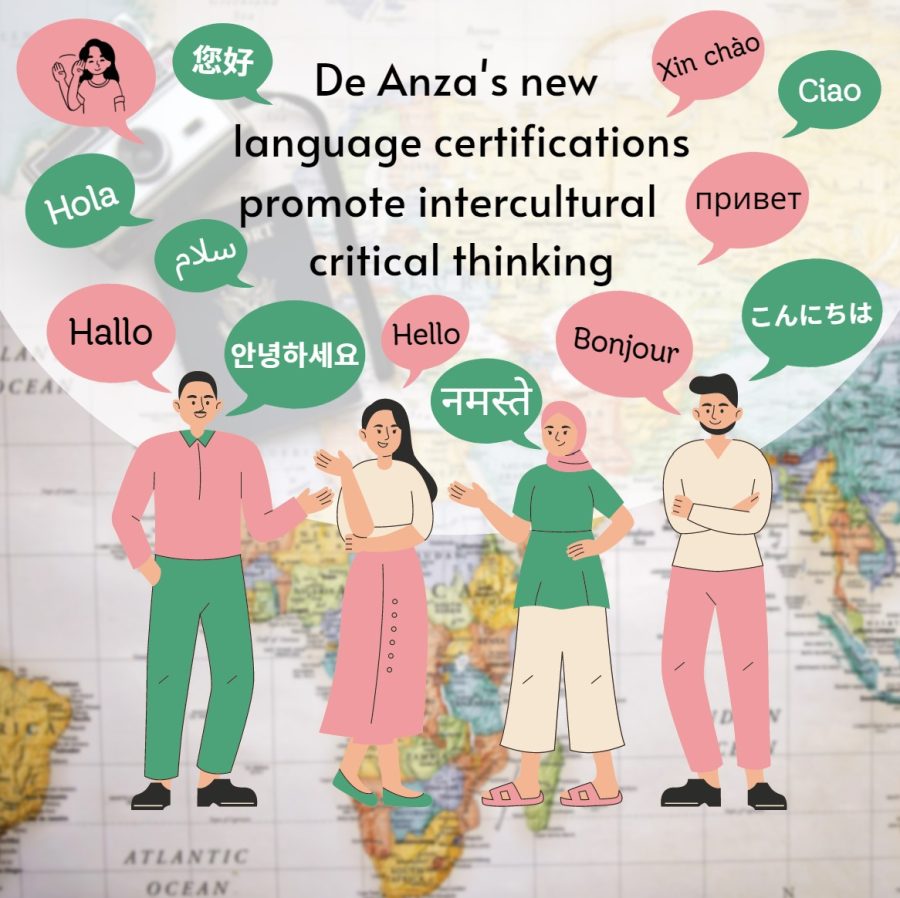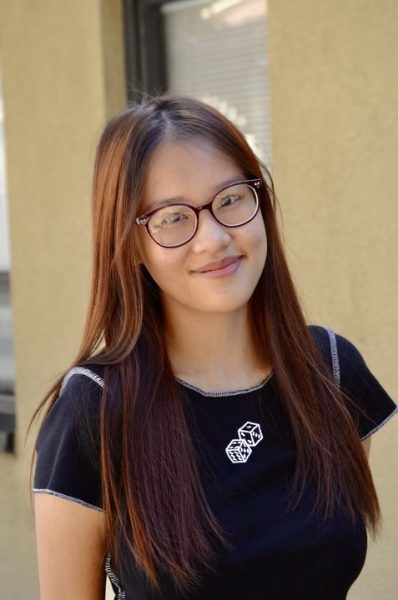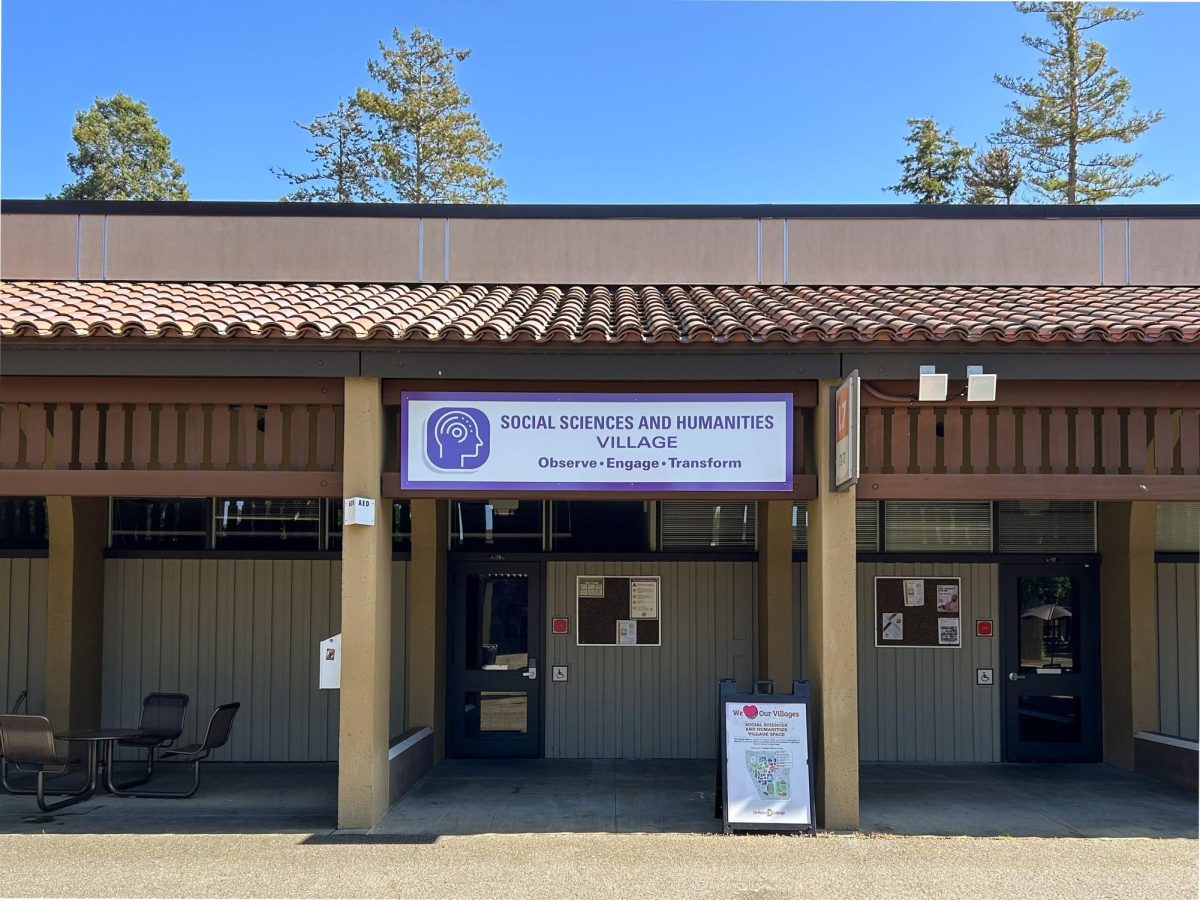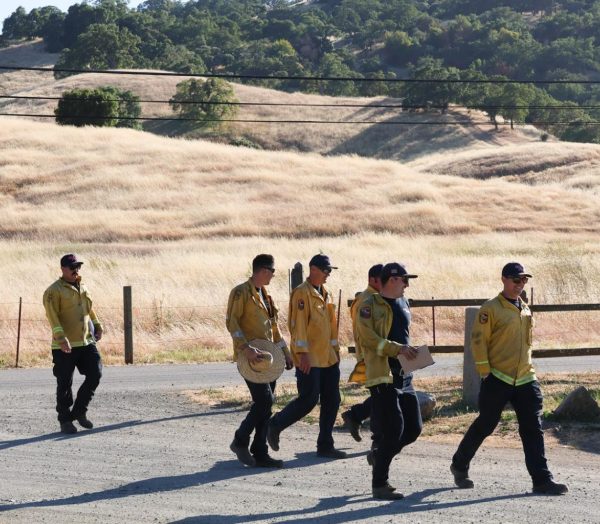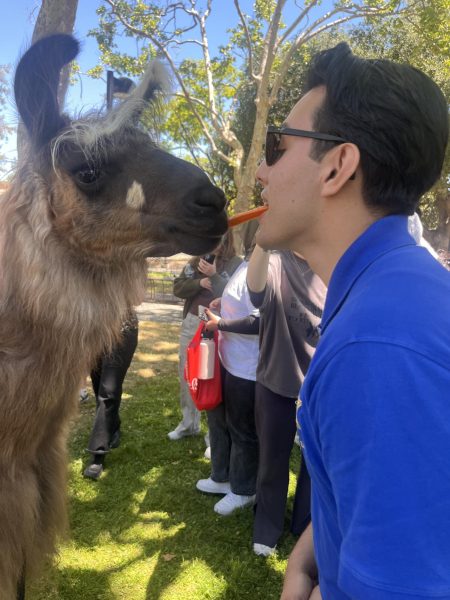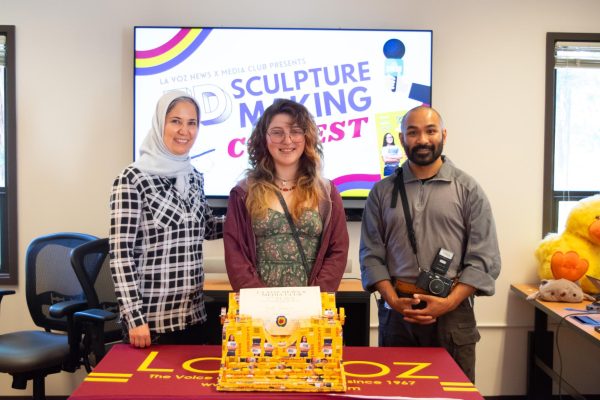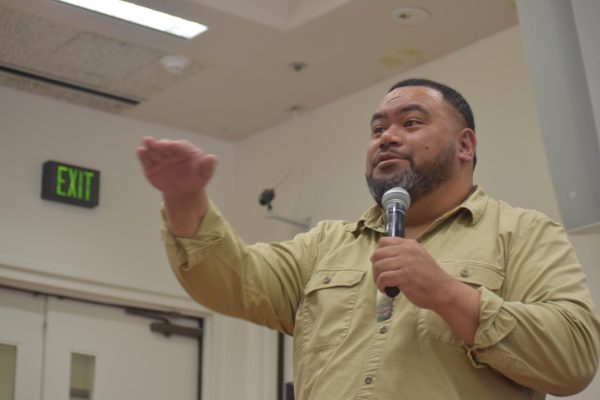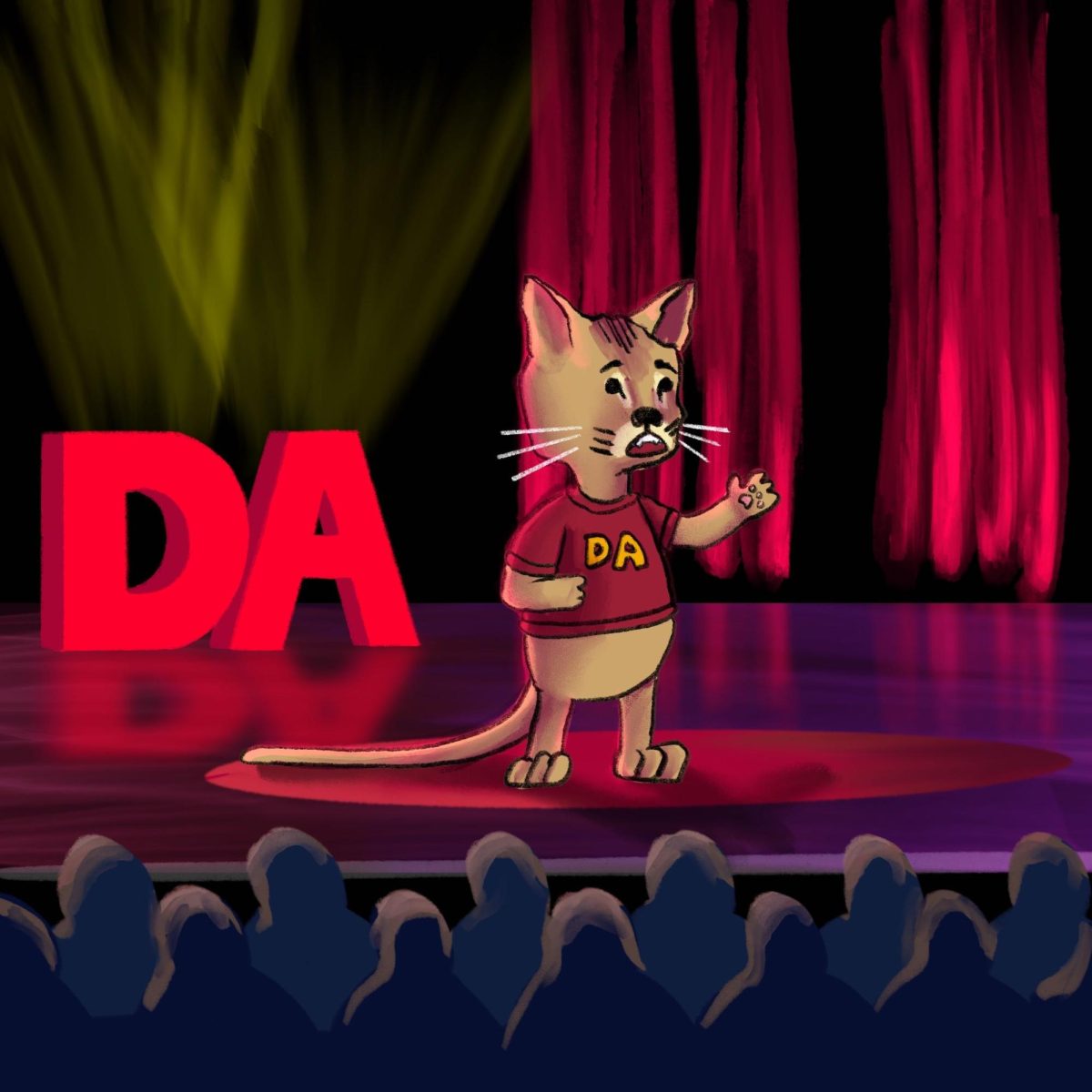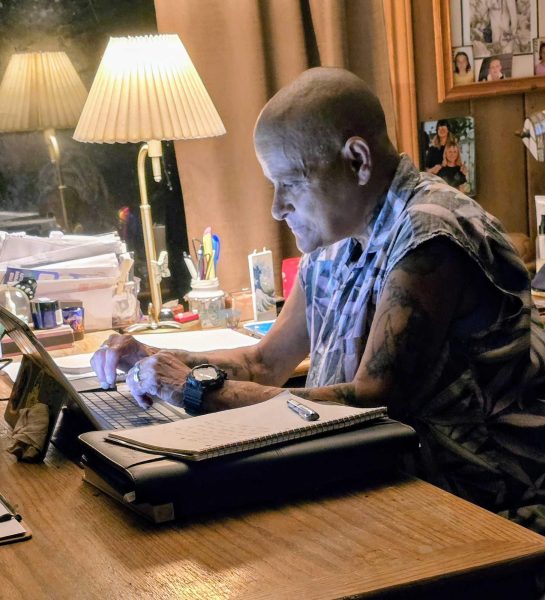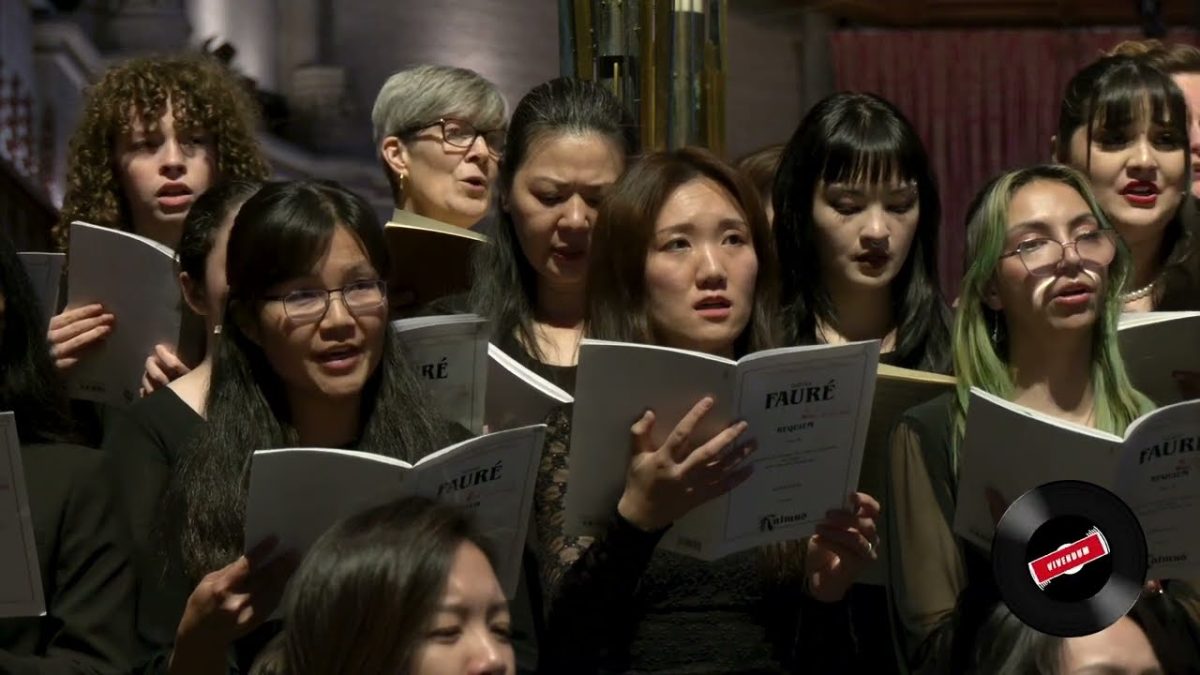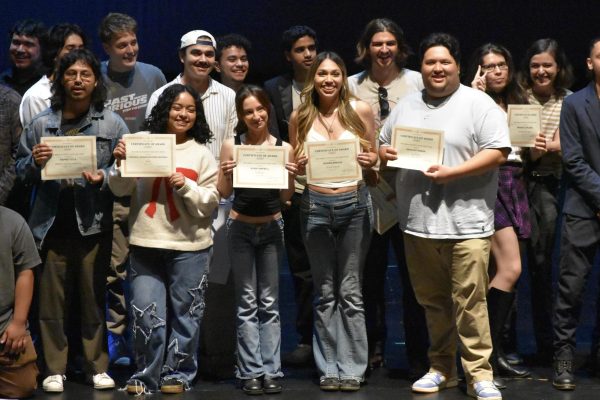New language certificates foster intercultural critical thinking
For more information on certificates of achievements, visit De Anza College’s World Language webpage — https://www.deanza.edu/iis/languages/certificates.html
December 9, 2022
De Anza College’s Language and Communication Village now offers several new certifications which can be acquired by students studying any of the offered 12 world languages.
Offering certificates of achievements for each language, with six additional advanced COAs, these certificates aim to develop students’ critical lenses so they can strive in multicultural and multilingual environments.
The new certifications include French, German, Italian, Korean, Mandarin, Russian, Spanish and World Languages and Cultures. In addition, the Mandarin department offers a special certification called Mandarin Translation and Interpretation, which prepares students for a career in legal and court interpretation.
Carmen M. Lizardi-Folley, chair of the Spanish department, said knowing multiple languages is an essential and common goal shared among students, especially in the Bay Area.
“There are so many people who speak different languages in the Bay Area,” Lizardi-Folley said. “People want to travel, people want to study abroad and people want to use their languages at work —having a language certificate in their transcript looks really good.”
Debbie Lee, the dean of Intercultural and International Studies, said that in order to apply for these certifications, students must complete three quarters of a language they choose, from level one to three, in addition to one elective course. Students must earn a grade of a C or higher in these courses.
Available elective courses expand in a variety of fields, including Anthropology, Business, Ethnic Studies, History, Linguistics and Philosophy.
Diana Ferrara, World Languages coordinator and Italian instructor, said the World Language department is working together as a village of communication and language to allow students to count certain courses towards the certification, rather than requesting them to enroll in more classes.
“Students can use what they already have as a general educational requirement to add up on our certifications,” Ferrara said. ”When we created these certifications, we didn’t want to create something more, so we allowed (some courses) to be aligned with the transferable degree.”
Hua Fu Liu, chair of the Mandarin department, takes pride in De Anza for introducing the Mandarin translation and interpretation program.
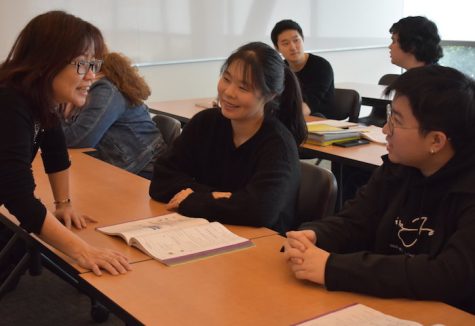
“We are probably the first community college in the United States to offer this program,” Liu said. “They usually only offer this for the universities, not for the community colleges.”
Another new program is World Languages and Cultures which allows students to be certified in two or more languages, meaning one year per language is required.
“We wanted this World Language certificate because some languages didn’t have enough enrollment to make it to level three,” Ferrera said. “Now students can combine their language with another language to get a specific certification called ‘World Language and Cultures,’ which shows that they’re literate in not just one, but two or more languages.”
Ferrara said that she’s proud of the World Language department’s efforts to keep enrollment consistent because it shows that they are doing their best to keep their programs strong after the budget crisis in 2018.
If students are bilingual, multilingual or native speakers who already have some level of knowledge about a language, there will be a form they can fill out to clear the prerequisite courses.
The department’s goal is to not only allow students to learn conversational skills in various languages, but to also be educated on the cultural, historical, geographical and political significance the language holds.
Lee says her upbringing led her to be fascinated by the significance language carries.
“I grew up in Chinatown so I compared my Chinese to the way some Chinese immigrants who came to this country later spoke, and I found out their vocabulary is different,” Lee said. “Language doesn’t stay the same. It changes and evolves with the culture.”
On the other hand, Folley said that by involving themselves in the World Languages program, students from a different background or those who have recently immigrated here will notice the differences between their home country’s culture and the culture that has developed here in the United States.
“These certificates give you an opportunity to become literate in the language that was your original language,” Folley said. “(It also) validates the knowledge that you bring from your home culture.”
Additionally, Liu said that earning the language certification of achievement will broaden students’ career choices.
“A lot of industries need certified language interpreters such as in hospitals, California courts, local government and high tech companies. Our certifications will prepare students for that.” Liu said. “There are also students who have almost retired from their main industry and are eager to join this program as they see this as a second chance for them to do something else.”
In agreement, Ferrara thinks having these certifications showcases a consistent interest in learning a language and allows connections to be built, especially for those who speak languages that are less represented in the area.
“It doesn’t have to be perfect or an entire conversation,” Ferrara said. “But the fact that someone is trying to use a language to make a connection with me makes me feel seen and relevant.”



